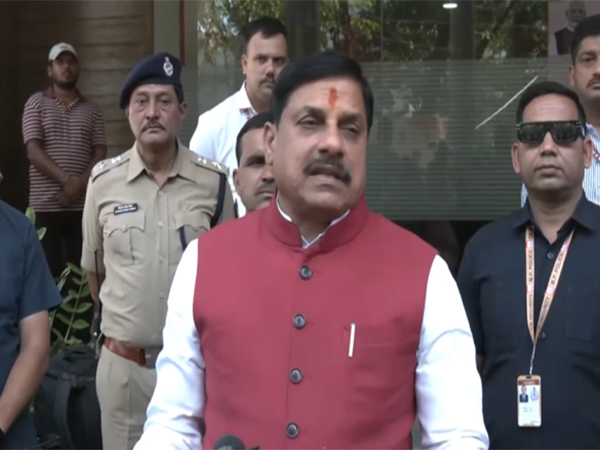Congress MP Syed Naseer Hussain claims his dissent note was "redacted" in Waqf Bill report
Feb 02, 2025

New Delhi [India], February 2 : Congress MP Syed Naseer Hussain has alleged that parts of his dissent note on the Waqf (Amendment) Bill, 2024 were redacted without his consent.
Taking to social media platform X on Saturday, Hussain expressed strong disapproval over what he described as an attempt to suppress Opposition voices.
"As a Member of the Joint Committee on the Waqf (Amendment) Bill, 2024, I had submitted a detailed dissent note opposing the Bill. Shockingly, parts of my dissent note have been redacted without my knowledge! The Joint Committee on Waqf (Amendment) Bill, 2024 was already reduced to a farce, but now they've stooped even lower--censoring dissenting voices of Opposition MPs! What are they so scared of? Why this attempt to silence us?" Hussain wrote.
Meanwhile, the report of the Joint Committee on the Waqf (Amendment) Bill, 2024, is slated to be presented in the Lok Sabha on February 3.
According to the List of Business, Jagdambika Pal, the Chairman of the Joint Parliamentary Committee (JPC) on the Waqf (Amendment) Bill, along with BJP MP Sanjay Jaiswal, will present the report (Hindi and English versions) of the Joint Committee on the Waqf (Amendment) Bill, 2024.
They will also lay on the table the record of evidence given before the Joint Committee.
The report was presented to Lok Sabha Speaker Om Birla on January 30, 2025. On the same day, Jagdambika Pal arrived at the Parliament to meet with the Speaker and hand over the committee's final report on the bill.
The JPC on the Waqf (Amendment) Bill adopted the draft report and the amended revised bill on January 29. However, the Opposition leaders submitted their dissent notes on the report.
The JPC had earlier cleared the Waqf Bill 1995 with 25 amendments across 14 clauses and sections.
Speaking to ANI, JPC Chairman Jagdambika Pal had earlier said, "We have adopted the report and the amended revised bill. For the first time, we have included a section stating that the benefits of Waqf should go to the marginalised, poor, women, and orphans. Tomorrow, we will present this report to the Speaker."



















